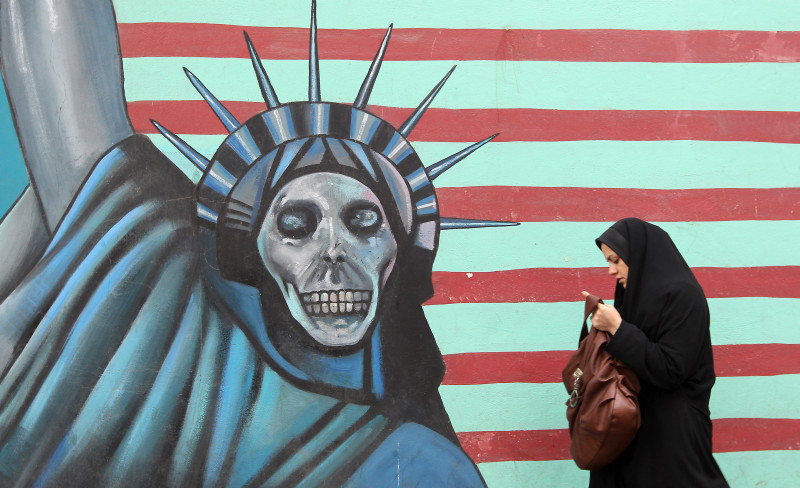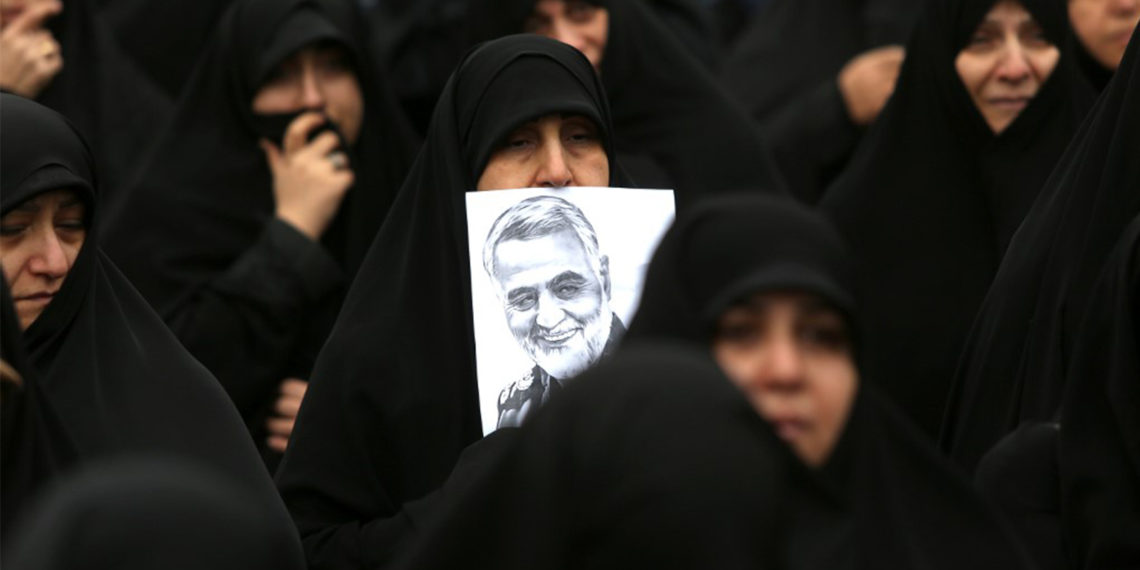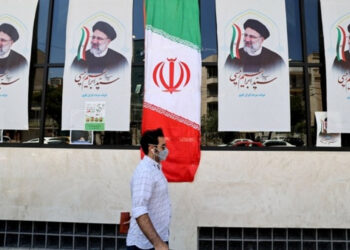On January 2, President Donald Trump ordered the assassination of Qasem Soleimani, an Iranian Major General in the Islamic Revolutionary Guard Corps (IRGC). Soleimani was commander of the Quds Forces, 8000-strong, tasked to operate outside the country to build “strategic depth” for the Islamic regime.
Was this a sound decision? While only history will tell, evidence thus far points to disastrous outcomes.
General Soleimani was against American involvement in the region. In recent years he had elevated that animosity to the point of orchestrating an attack on the U.S. embassy in Baghdad. However, his Quds Force never directly engaged America troops. Instead, his “resistance movement” used anti-American proxies in the region. Meanwhile, in tacit alliance with the U.S., he also fought against Al-Qaeda, Taliban, and ISIS in Afghanistan, Iraq, and Syria.
Soleimani’s Elimination
In justifying the assassination, Trump in a tweet said that Soleimani had killed an American and was planning to kill more. President Trump has also threatened Iran with a devastating response using unspecified “new weapons” if Iran targeted American assets. He even has said that the U.S. has prepared 52 targets in Iran to hit, including “cultural sites.” This figure is symbolic, standing for 52 American hostages in Tehran 40 years ago.
A statement from President @realDonaldTrump: pic.twitter.com/Jfy4GCLdif
— The White House 45 Archived (@WhiteHouse45) January 3, 2020
Iran has threatened to take “revenge” at an unspecified time and through undeclared methods. Meanwhile, the Islamic regime, which exists in a decaying condition, has used the occasion to galvanize the support of the Iranian people. Soleimani has been trumpeted as a national hero and martyr. Millions have marched in large cities, including Tehran, mourning Soleimani’s death and vowing to take revenge.
The Iranian people are divided over Soleimani’s legacy. Some dislike him for murders his forces committed outside the country, in Afghanistan, Iraq, and Syria. He is also condemned for wasting billions of Iranian dollars in these conflicts. In sharp contrast, others adore him as a “war hero” who defended Iran in the war against Saddam Hussein and ISIS, and for his expansionist endeavors. Iranians are generally in favor of strongmen and imperialist leaders.
Inadvertent Fallouts
Trump might have inadvertently helped the Islamic Republic to resuscitate its declining public support. Last November, millions marched in many parts of the country, protesting the regime’s failed policies and demanding a decent life. The Islamic regime used police and security forces to suppress the peaceful protests, killing at least 1500 and arresting several thousand more.
It was anticipated that the people would return to the streets soon at even larger numbers to end the regime. Most people had openly vowed that they would not participate in upcoming parliamentary elections in two months. Instead, the vote was expected to be popularly boycotted, and the opposition leaders had called for turning that election into a new revolution against the clerical leaders.
General Soleimani’s death has also shifted the country’s political mood towards radicalism. On January 6, four days after Soleimani’s assassination, the regime exited from the nuclear deal, and it may leave the Non-Proliferation Treaty soon as well. Hardliners are projected to take control of the parliament and then the presidency a few months later. Already in a moribund existence, President Hassan Rouhani’s government could be overthrown by the IRGC at any time now.
Soleimani: From Valuable Military Leader to Liability
General Soleimani, who once used to be a highly valuable military leader for the Islamic regime in the region, had in recent months become a massive liability for it. Many in the area were protesting Iran’s policies in Iraq and Lebanon, and their complaints largely focused on Soleimani’s interventions in these and other countries. Hatred against the Islamic regime, including among the Shias in Iraq and Lebanon, had risen to unprecedented levels.
Soleimani has also become a threat to the clerical leadership. He was popular and thus dangerous for the clerics, who generally despise strong military men. The general, a first-generation commander of the IRGC, was radical and a believer in the ideals of the 1979 Revolution. Those ideals, including justice and national independence, have been betrayed by the clerical rulers, who have become superrich, corrupt, and subservient to foreign interests.
Soleimani had also become a liability for the regime in relation to Washington. Hardliners had openly charged that President Rouhani’s “neoliberal” government was trying to make a deal with the U.S. for reducing sanctions in exchange for Suleiman’s elimination. The general was largely seen as an obstacle to a deal over Iran’s exit from the region as well as eliminating its ballistic missiles. Both Ali Khamenei, the Supreme Leader, and President Rouhani knew of Soleimani’s otherwise top-secret trip to Iraq.
US-Iran Relations
Did Tehran give Soleimani’s travel plan to the U.S.? While this is hard to believe, many in the country think that the clerical regime intentionally placed Soleimani in a harm way in Iraq to sacrifice him for its own sake. His death would spur the declining support for the regime and its “engineered” elections, detract from the killings in November, provide a breathing space for the government, eliminate threats to the clerics, and mitigate pressure from Washington and regional states.

U.S.-Iran relations have never been as fragile as they are today. As things stand, it will be hard to avoid a military confrontation, planned or accidental. Khamenei is caught between doing nothing and committing political suicide or ordering military action that he cannot win but can wreak havoc. His choice is engaging the “Great Satan” in warfare and “die standing” or sitting and perishing under sanctions and public protests.
The United States can surely win a war against the Islamic Republic, but not before it has sustained colossal damage to its own regional interests, the states in the area, and the Iranian nation. Soleimani’s assassination has helped the regime to revive some public support; a military confrontation will help the regime to survive for many more years unless it is so total it destroys the regime and the country.
The U.S. must do all in its power to avoid war with a regime that is on its way out.
Disclaimer: The views and opinions expressed here are those of the author and do not necessarily reflect the editorial position of The Globe Post.





















